Learning Portuguese free online with audio and dictionary fast, easy & for free
Get started learn Portuguese for beginners
Have you been interested in learning Portuguese in 2024, but have no idea where to start? The step-by-step guide below is for all beginners and those considering learning Portuguese but who are lost on exactly how to get started. Learning Portuguese on your own is a difficult task and it’s hard to know exactly where to start to improve your Portuguese language skills.
How to learn Portuguese?
It may seem like common sense, but learning Portuguese through things that you find interesting will make the learning process more fun. Don’t keep your learning so serious to the point that it becomes a burden to you. Learning should be enjoyable, so try to match it with your interests! If you’re into music, for example, use music to learn Portuguese. If you love reading, check out some interesting Portuguese novels. If you’re a fan of movies and TV shows, then use the Portuguese counterpart. You can get even more niche, like finding a Portuguese-speaking Discord group that plays your favorite game, or joining a subreddit that shares recipes in Portuguese.
Portuguese Dictionary Learning All Languages
Learning Portuguese by subjects
If you're trying to learn Portuguese, check our courses below about adjectives, adverbs, articles, gender (feminine, masculine...), negation, nouns, numbers, phrases, plural, prepositions, pronouns, questions, verbs, vocabulary, excercises... to help you with your Portuguese grammar. Below are our free Portuguese lessons. Enjoy our courses!
Portuguese belongs to the Indo-European family, Romance group, and is spoken by over 10 million people in Portugal, and over 190 million in all countries where Portuguese is the official language. As a language, it developed in northern Portugal (Lusitania) from the Latin language and "Galego", the language spoken in Galicia. Like Spanish, which it closely parallels in its grammar, it contains a large number of words of Arabic origin, as well as French and Greek origin. The language entered its modern phase in the 16th century, when the first grammar defined Portuguese morphology and syntax.
When Luis de Camoes wrote "Os Lusiadas", in 1572, the language was already close to its current structure of phrases and morphology. From then on linguistic changes have been minor. Portuguese ranks 8th among the most spoken languages in the world. Of course, in the vast non-contiguous areas of the world where Portuguese is spoken there are differences and variations in terms of pronunciation, grammar and vocabulary. However these differences are not such as to challenge the basic structure of the language, which continues to maintain considerable cohesion among its many variations. In July, 1996, the Community of the Portuguese Speaking Countries, dubbed CPLP (A Comunidade dos Países de Língua Portuguesa), was established by seven countries. CPLP aims at the solidarity of the Portuguese-speaking countries and the promotion of Portuguese in the international arena.
We hope the lessons above helped you learn Portuguese. To learn other languages please check our homepage here: Wikilanguages.net. Don't forget to bookmark this page.
Please select a subject you are interested in learning and let's get started!
 | Bar | |
|---|---|---|
 | Beach | |
 | Colours | |
 | Conversation | |
 | Essentials | |
 | Family | |
 | Feelings | |
 | Hotel | |
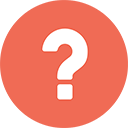 | In case of trouble | |
 | Learning | |
 | Looking for someone | |
 | Numbers | |
 | Parting | |
 | Restaurant | |
 | Taxi | |
Time tracking | ||
 | Transportation |
The native speak portuguese:

Angola
Brazil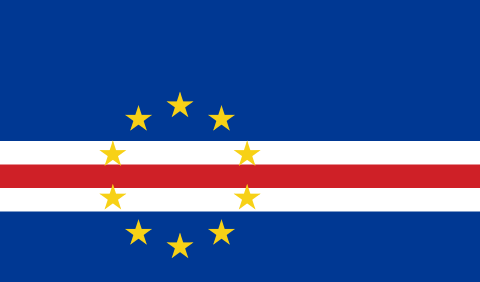
Cape Verde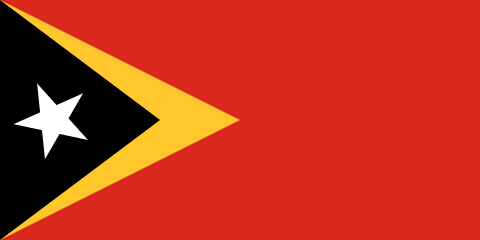
East Timor
Equatorial Guinea
Guinea-Bissau
Mozambique
Portugal
São Tomé and Príncipe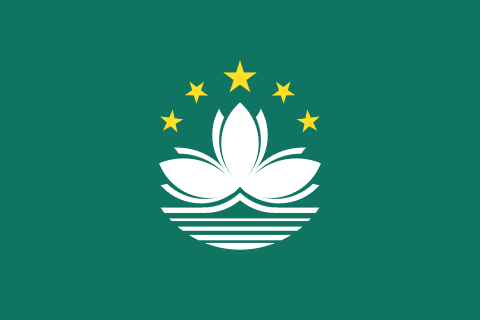
Macau
The second speak portuguese:
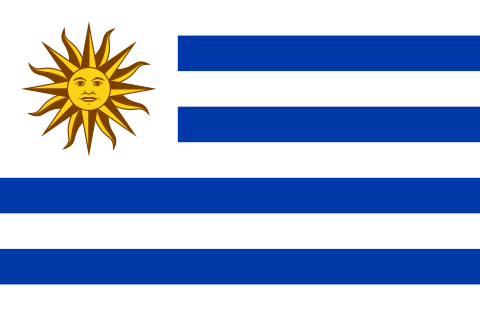
Uruguay
South Africa
Should I learn portuguese?
How Many People Speak Portuguese, And Where Is It Spoken?
If learn Portuguese, you can speaking in Angola, Brazil, Cape Verde, East Timor, Equatorial Guinea, Guinea-Bissau, Mozambique, Portugal, São Tomé and Príncipe, Macau, Uruguay, South Africa.
About 260,000,000 people on Earth speak Portuguese.

Distribution of Portuguese language
Portuguese Alphabet and Pronunciation
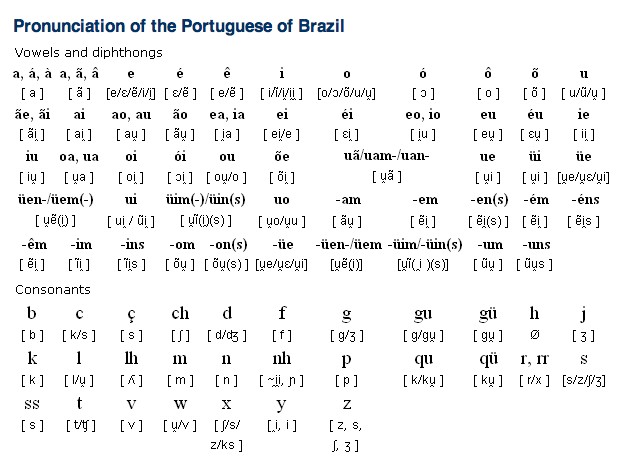
Portuguese Alphabet of
How to learn Portuguese by yourself? Start with an easy and free online course!
We have adopted an objective and efficient approach to learn how to speak a language easily and quickly: we suggest you to start by memorizing words, phrases and practical expressions that you can use in everyday life and that will be useful when traveling.Getting used to pronounce words out loud, numbers for instance, is an easy exercise that you can practice often and at anytime throughout the day.
It will help you to get used to the sounds of your chosen language and thus make it more familiar.
And once your holidays have begun, in Lisbon in Portugal or in Rio in Brazil, you will be surprised how familiar and easy to understand it will seem.
Furthermore, using a pocket dictionary is always useful, particularly during a trip. It enables you to find the translation of new words and enrich your vocabulary.
Why speak Portuguese while travelling?
Portugal, a captivating country at the crossroads of cultures
Portugal is Europe's oldest country. Its history and cultural heritage have been marked by many influences which have given each region a distinct personality. Being able to converse with its people, whose kindness and hospitality are clear for all to see, will make your stay even more rewarding.A language spoken on every continent
Portuguese is the 6th most spoken language in the world and the 5th most used language on the Internet. This language is spoken in Europe of course, but also in Brazil and in Africa (Mozambique, Angola, Cape Verde). It is also the official language of two Asian countries: Macao and East Timor. Although there are local variations, the language remains largely homogeneous wherever it is used.An international language which is increasingly sought after
A growing number of companies are choosing to locate in Brazil or to establish commercial links with this country. Thanks to its economic and demographic vitality, the number of speakers will only increase in the coming decades. To learn to speak Portuguese today is to choose a language of the future which promotes interaction on a global scale.Make a success of your stay in Portugal, Brazil or in a Portuguese-speaking country
Whether you are going to spend a few days with friends for a leisure trip or if you are on a business trip, nothing will be more useful to you than to be able to slip a few words in the language of your interlocutors, who will appreciate your effort and will be certainly more willing to help.How to succeed in having good pronunciation within a week to a month?
There are no good or bad techniques when you start learning a language on your own: in essence, it requires self-confidence and the ability to be guided by your own instinct for discovery. The only thing you should never lose sight of is what motivated you to speak this language: you fell in love with Fado, you want to read the sublime and subtle poetry of Pessoa in its original language, you think that Brazilians are the most wonderful football players in the world, or the Rio Carnival is your next holiday destination? In order to conserve your energy, we would advise you to focus as much as possible in your first lessons on your primary motivation to learn the language. Then gradually you will discover more reasons to love this language, which is filled with warm and varied cultural currents.One of the characteristics of the Portuguese language is that it is spoken with melodic and nasal tones at the same time. It is essential to try to master the word stress in order to succeed at pronouncing it well. Moreover, the presence of a special accent, the "tilde (~)" which can be found on the "o" or the "a", will give a valuable indication of how to pronounce words with these vowels. Obviously this is only a brief overview, as you will literally have to immerse yourself in this language to be able to assimilate the many subtleties related to its pronunciation.
We invite you to listen to the pronunciation of the letters by clicking on the following link: Portuguese alphabet with audio.
1. What can people do to learn Portuguese language?
People can do many things to learn Portuguese language, like they can join formal Portuguese language classes, learn through the online resources, travel to the country where speak Portuguese, or watch movies in Portuguese language.
2. What are the difficulties to learning Portuguese language?
There are some difficulties learners may face when learning Portuguese. The grammar and other rules need to understood and learned. Vocabulary and pronunciation may also be difficult to learn. Some other challenges could be comparisons with one’s own language which cause an hindrance in learning Portuguese language.
3. What is the best way to learn Portuguese language?
I think there are many good and effective ways to learn Portuguese language. I consider classroom learning the best because we can learn from an expert and also get some practice with our peers, which helps with learning a language faster. If you don't have time, free online courses are also very effective, it's important to be self-aware.
